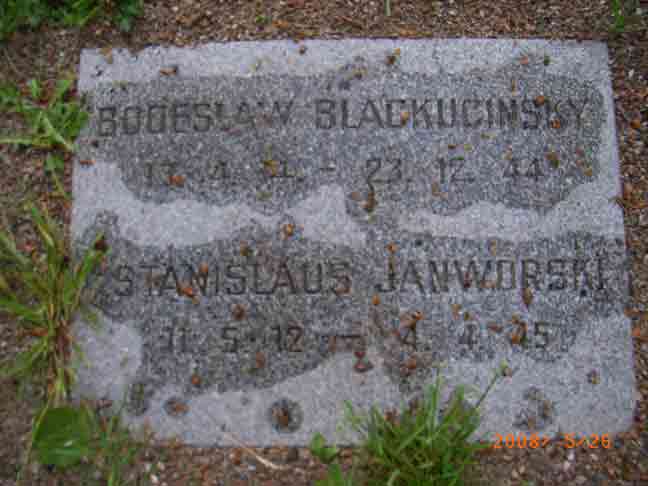

Her party chairman since 1921 was later Chancellor Adolf Hitler. In April 1922 the Governor of the provincial parliament in Kiel, Heinrich Kürbis, caused reports on any activities of this party.
Her country leader, Hinrich Lohse, 1922 was clerk of the Darmstadt and National Bank in Hamburg, from 1925 NSDAP Gauleiter ad thereby radical anti-semite. A letter to his dithmarsian friend Hans Beeck: "The greater the distress of the people, the greater the possibility that the actual vampire that a thousand times cursed Jew is detected and brought down".
Every project starts in its test stage with an experiment. The "Hitler Putsch" failed and the party was banned on 23 November 1923 together with the German Ethnic Party for Freedom (DFP). In the north front organizations continued to exist, such as the "Uwe-Jens-Lornsen-national union." A street of that name still exists in Heide.
How the newspapers responded to the 1924 coup: Itzehoer News from 11/11/1923: "It is unfortunate that a man like Ludendorff*1, which is a large-scale military organizer and strategist, has not previously recognized on such low power means it can be based. It is also unfortunate that Hitler, a continued raging, brilliant speaker, thought he could overcome Bavaria and the whole German Empire with some 100 men poorly armed young storm troopers". In the Flensburg Messages from 11.14.1923 it was called."Even in us lives alonging for the leader. This longing is our firm belief will find fulfillment, when the crucial hour strikes. Anyone who is committed to the leader-thought, must be able to obey", and 4 months later:".. Certainly many Germans were taken a pressure in their hearts when they heard the news of the acquittal of Ludendorff ". The Kiel Latest news wrote on 04/02/1924:" ( It has) been in the German People's interest .... to beat down the whole process."
The press did not have the significance that today "BILD-Zeitung" has, so as opinion makers in the Weimar Republic. The usual opinion about newspaper was that you can wrap it with the fish. Nevertheless, many read newspapers. Radio did not exist. The newspapers were set anti government, national and conservative from Flensburg to Altona after Markus Oddeys opinion*2. It agreed with the coup and criticized only the way that led to the defeat. A critique of the rise of National Socialism did not take place in the "media". The editors and publishers saw the information as yet fashionable setting to advertising displays. Thus, in the newspaper stood the opinin of those which their advertisers shared. For own comments, if they then differed from what they received from their press agency, the writers simply did not have time. And by business people and many readers the coming of a new leader was expected. Therefore, the change to the Nazi state was nine years later seamlessly into the editorial offices.
On Sunday, the first March 1925 at least five men from the district of Steinburg participated in the Gaufoundation, the Itzehoer electrician Edward Boerner, Reimer Theede from Lockstedter Camp as well as Paul Schneider*3, Dietrich Klagges and Hinrich Lohse.
1 Erich Ludendorff was Field Marshal Hindenburg's deputy in the First World War, in 1923 took part in the Hitler-Ludendorff Putsch, but was acquitted.
2 Dr. Oddey Markus: "Under pressure - Press and National Socialism in Schleswig-Holstein and Dithmarschen" - February 24, 2011
In the context of a tribunal proceedings in 1946 Schneider was sentenced to two and a half years of internment, he first was serving in Neumünster-Gadeland then in Eselsheide at Paderborn. Released in 1948, he then worked again in his company in Itzehoe and died 1974.